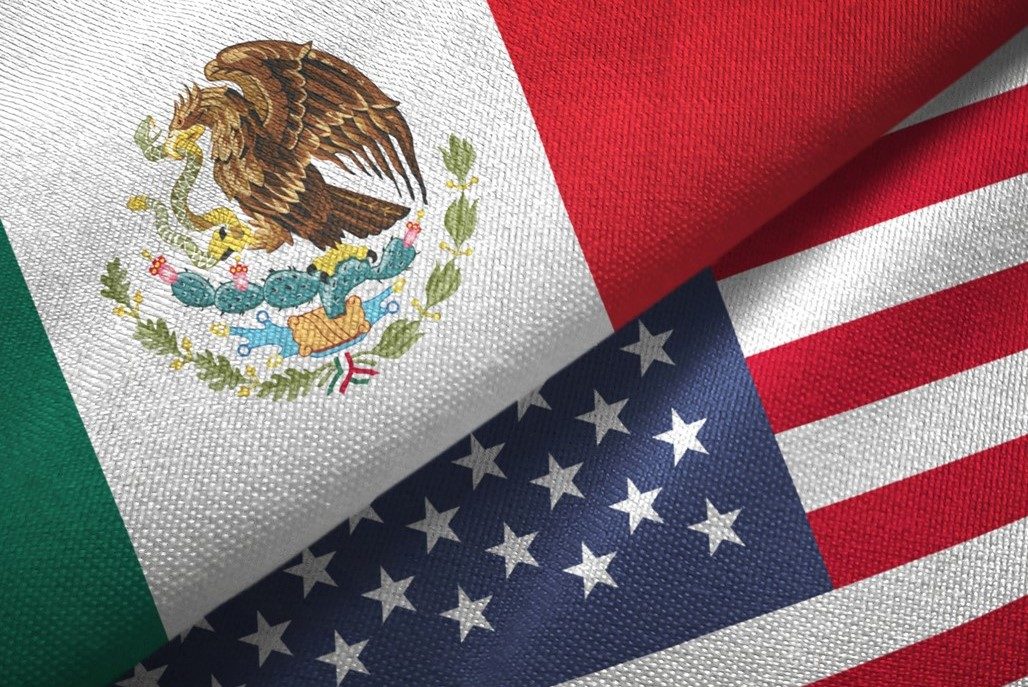
Many global manufacturers have taken part in Mexico’s Maquiladora, Manufacturing and Export Services Industry, or IMMEX, program since its inception in 2006. Now, there is a new wave of operators that are near-shoring operations in Mexico for the first time. The trade war between the U.S. and China, plus struggles such as unreliable supply chains overseas, has caused the tide to turn.
U.S. and Canadian manufacturers, specifically, are further incentivized to bring their outsourced production closer to home due to special provisions in the United States-Mexico-Canada Agreement (USMCA). All these factors add up to a scenario where foreign operators consider manufacturing in Mexico as their most viable option.
However, those not as familiar with the IMMEX program want to know more about the process and how it pertains to them. Answers to these frequently asked questions help clarify the qualifications and benefits as more companies make the transition.
What is the IMMEX program and is participation required?
IMMEX is a program that enables foreign companies to operate in Mexico under a preferential, low-tax cost structure. Approval into the IMMEX program is necessary before production in Mexico can begin. This program was officially established in 2006, though maquiladoras were first set up in the mid-1960s as a way to promote foreign direct investment in the country. It has been a strategic advantage for U.S. and other foreign manufacturers ever since but comes with certain requirements in order for businesses to receive the benefits.
Is my company eligible to operate under IMMEX?
IMMEX was specifically established for foreign operators planning to temporarily import materials and equipment in order to eventually export them as finished goods. In addition, these finished products must be approved and shipped out within the regulated time frame. Therefore, those who choose to make and sell products in Mexico do not qualify.
How quickly can I receive IMMEX approval?
It’s always quicker to receive acceptance into the IMMEX program with the help of a shelter company as opposed to applying as a standalone entity. Operating under a shelter, the best-case scenario for approval is two to four weeks.
It’s also easier to request an extension of IMMEX program certification when working with a shelter because it’s already established in good standing with customs. Acting as an independent entity, the incorporation process can take three to four months. Often, companies manufacturing in Mexico for the first time aren’t aware of the waiting period necessary to actually start production.
What is the difference between IMMEX and VAT certification?
IMMEX certification alone doesn’t provide the VAT exemption benefit on the temporary importation of equipment and materials. Only once an IMMEX application is approved can manufacturers apply for VAT certification. In addition to the time it takes for IMMEX approval, it can be another two to three months to receive VAT certification.
It’s also important to note that companies often face multiple rejections because of problems with compliance, which can extend total approval time to six to nine months. Meanwhile, a shelter already has all necessary permits and certifications in place, which means manufacturers working under their shelter umbrella can automatically avoid 16% VAT on all temporarily imported goods, equipment, and materials.
What kind of compliance is required under IMMEX?
Companies can start building modifications and hiring and training workers, but can’t import anything without IMMEX approval. Foreign manufacturers must also obtain software to track everything that is temporarily imported. There are strict rules when near-shoring to Mexico regarding what can be disposed of,a what needs to be recycled, and what needs to be exported out of the country. Navigating these requires the experience of seasoned U.S. and Mexican customs brokers.
Do I have to work with a shelter?
No, but the shelter model is a well-established concept which has spiked in popularity over the past few decades. It has been instrumental in helping manufacturers get production up and running quickly and efficiently.
Further, the costs of working with a shelter are considerably less than operating as a stand-alone entity. It also offers quicker startup time.
How else can a shelter help?
The infrastructure of a shelter also helps to minimize mistakes. Regardless of whether a company employs 10 people or 2,000, the needs of manufacturing in Mexico are the same, and a shelter can provide better economies of scale. In addition to IMMEX and VAT certifications, services include customs brokerage, HR and payroll management and software, administrative and accounting services, mandatory compliance software and external trade compliance consulting.
Furthermore, these areas can be customized to fit specific project guidelines. Personalization is important, as companies today need services flexible enough to handle the industry’s ebb and flow without slowing down production.
All of this means outsourcing to China doesn’t have the same allure it once did. Labor costs in China have gone up, while quality and reliability have gone down. Obviously, Mexico is far more conveniently situated for North American companies, too.
To stay competitive, it’s highly recommended that manufacturing companies consider the advantages of the IMMEX program.
Sergio Tagliapietra is CEO of IVEMSA.







